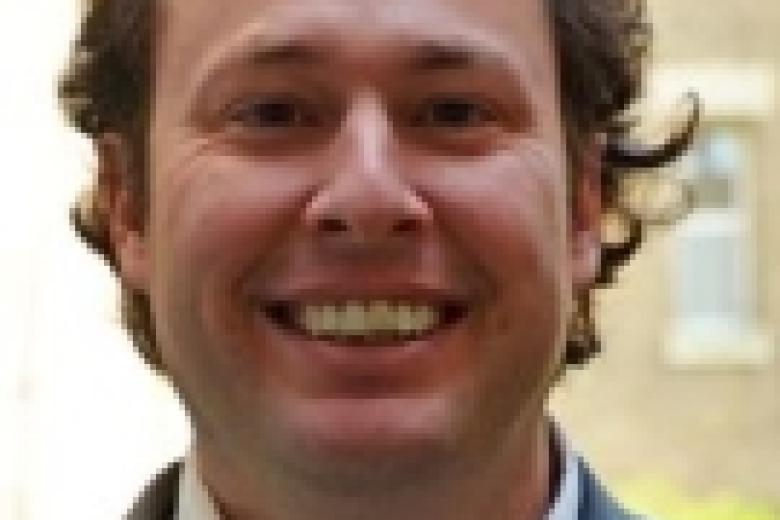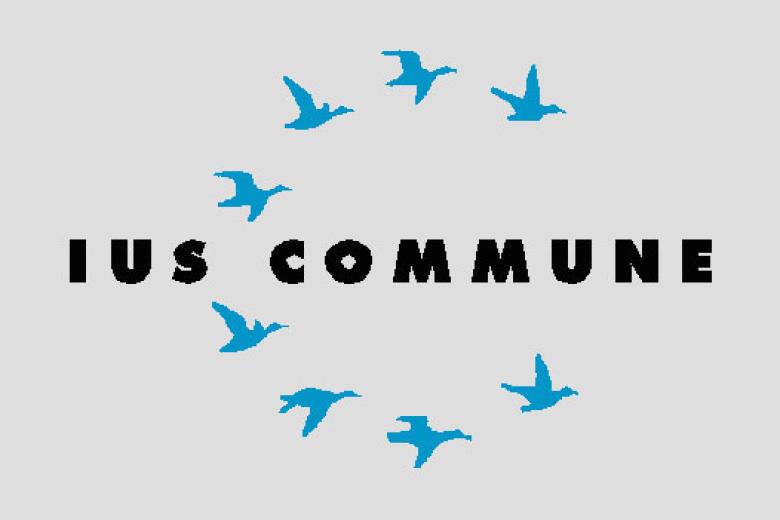A Short Reflection on the Value of a Peregrinatio Academica
Law students have to be global citizens and curious. Students have to be open-minded and eager to engage with otherness, going places. They have to start by visiting the library – it is free and takes readers to many places. Global citizens can benefit significantly from embarking in a study tour, or in Latin, a Peregrinatio Academica.
During centuries, students have engaged in study tours, such as the ones by law students that relocated to Bologna since the Middle Ages. Students, then and now, learn from each new international setting and from being exposed to new elements. Law students have to be willing to explore new environments, aiming to be law graduates sans-frontières. Curiosity will take law students to different places (in mind and body). Their curiosity should expose them to other cultures and ideas. In brief, law students have to allow themselves to be curious, always.
There is value in traveling to gain knowledge. Engaging in a Peregrinatio Academica invites to share experiences, be them past, present, or future. Sharing means that ideas will ultimately be disseminated across jurisdictions. Pilgrims act as ambassadors while living in different settings: they become ambassadors of their study tours and experiences. Sitting in a foreign classroom, attending a lecture, engaging in academic discussion while being abroad, all add to securing an international and global experience. Pilgrims have a duty to share their experiences with others while being abroad and when they complete their quest and return to their places of origin. An academic pilgrimage offers a unique moment and an unrepeatable experience that changes the pilgrim; while shaping character, offering tools for change, and broadening perspectives. An academic pilgrimage can also change others, since ideas tend to circulate and there is active and passive learning, both for the travellers and for those who listen to the accounts.
Completing a Peregrinatio Academica entails that ideas (legal and beyond) will circulate. Law students will be able to contrast the ideas that they acquired in their study tours with those in their places of origin. They will be able to test ideas, to walk on new grounds. Law students that complete a study tour can trigger a contagion effect on those awaiting for them in their places of origin. That action will help to shape the places of origin and eventually also to shape the destinations. Wanderers undertake a two-way route. Wanderers, after all, have to be generous about their experiences. They have to engage in dialogue with those who welcome them and with those who await for them at their places of origin.
Let all students be reminded of the value of a Peregrinatio Academica. Let all students expose themselves to other environments. Let them all share their experiences. Indeed, let all students embrace the dissemination of ideas across jurisdictions! Individuals, society, and legal science can only but benefit from such a global citizenship and academic curiosity.
Agustín Parise
A. Parise
Agustín Parise (Buenos Aires, Argentina) is Associate Professor of Law at the Faculty of Law of Maastricht University. He received his degrees of LL.B. (abogado) and LL.D. (doctor en derecho) at Universidad de Buenos Aires (Argentina), where he was Lecturer in Legal History during 2001-2005. He received his degree of LL.M. at Louisiana State University Law Center (USA), where he was Research Associate at the Center of Civil Law Studies during 2006-2010.

-
Known Unknowns: A Macro-Meso-Micro Socioeconomic Approach to Uncover the Dark Number of Victims of Human Trafficking for the Purpose of Labour Exploitation
These last few weeks, Minister Paul of Social Affairs and Employment of the outgoing cabinet has been in the news for unilaterally deciding no longer to gradually phase out the Dutch regulation that allows temporary employment agencies to deduct a quarter of the minimum wage from migrant workers...

-
The Decennial Jubilee of Ius Commune in the Making
On 27 November 2025, the tenth edition of the workshop series on Ius Commune in the Making took place within the 29th Ius Commune Conference organised by the University of Amsterdam. This blog entry reproduces a public address by one of the members of the organising committee of that workshop series...

-
Overriding Mandatory Rules in International Arbitration: Balancing Business Freedom and State Interests
Imagine two companies from different countries enter a business deal. They pick a neutral country’s law to govern their contract and agree to arbitrate any disputes, thinking they can sidestep each other’s national courts. But what if one country’s law absolutely prohibits something in the deal –...
